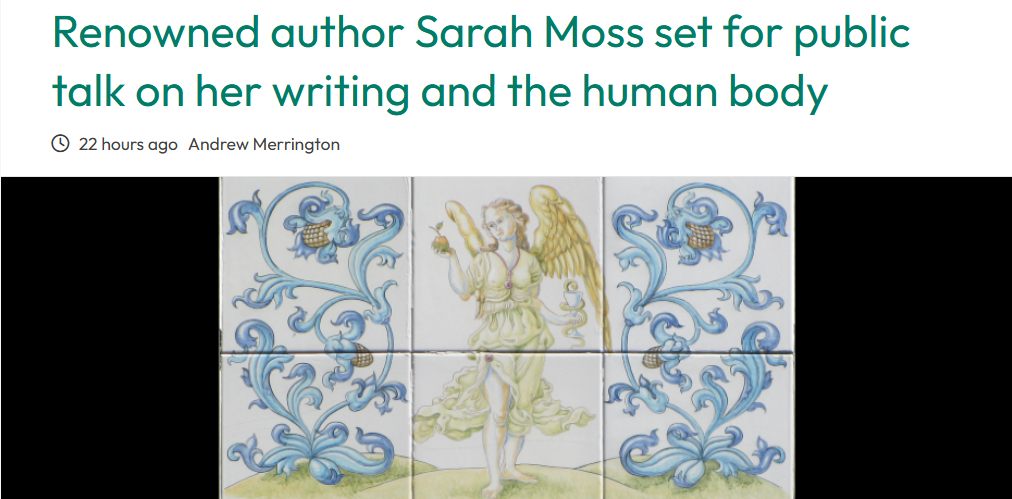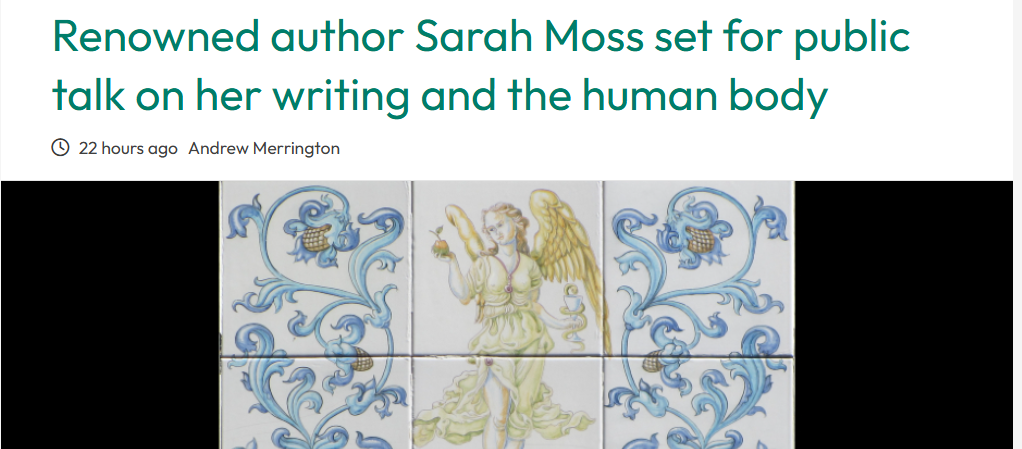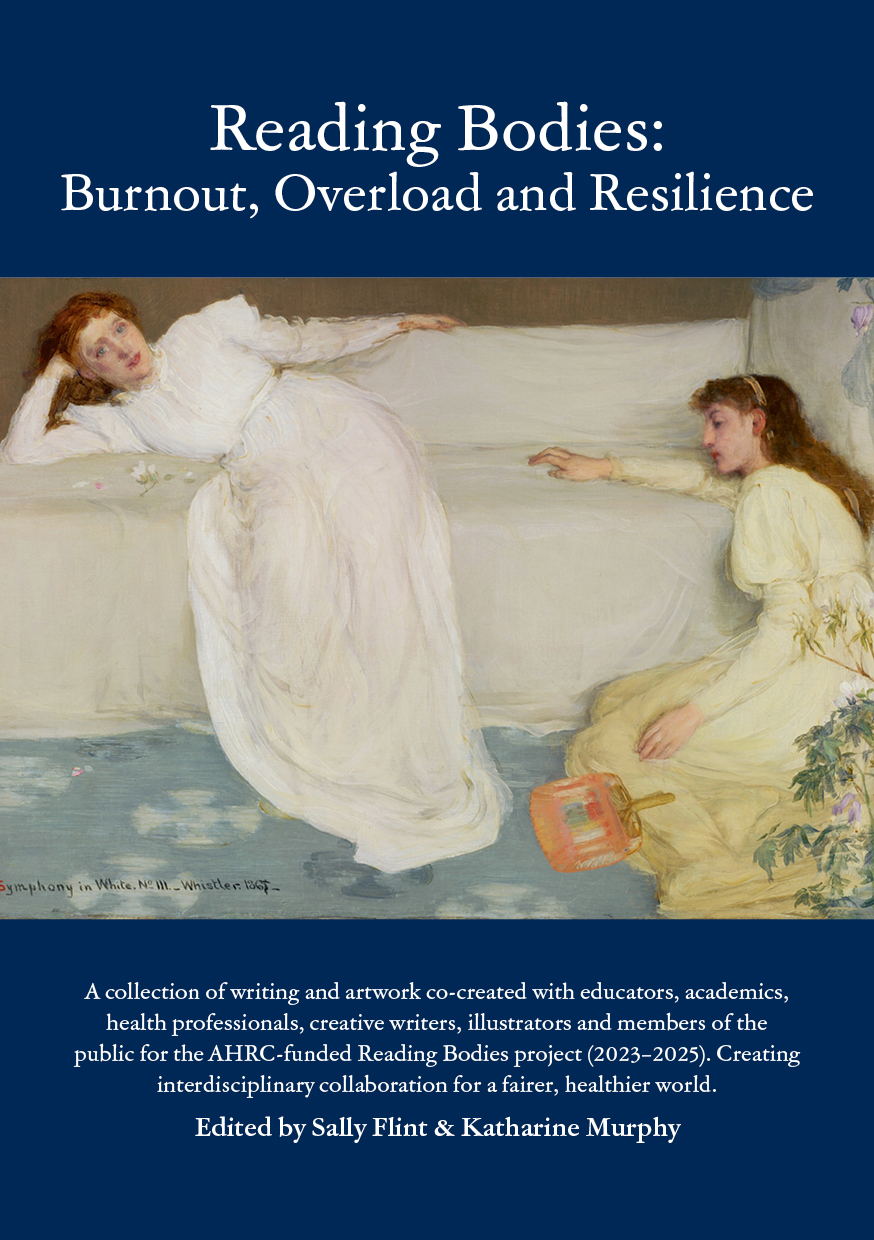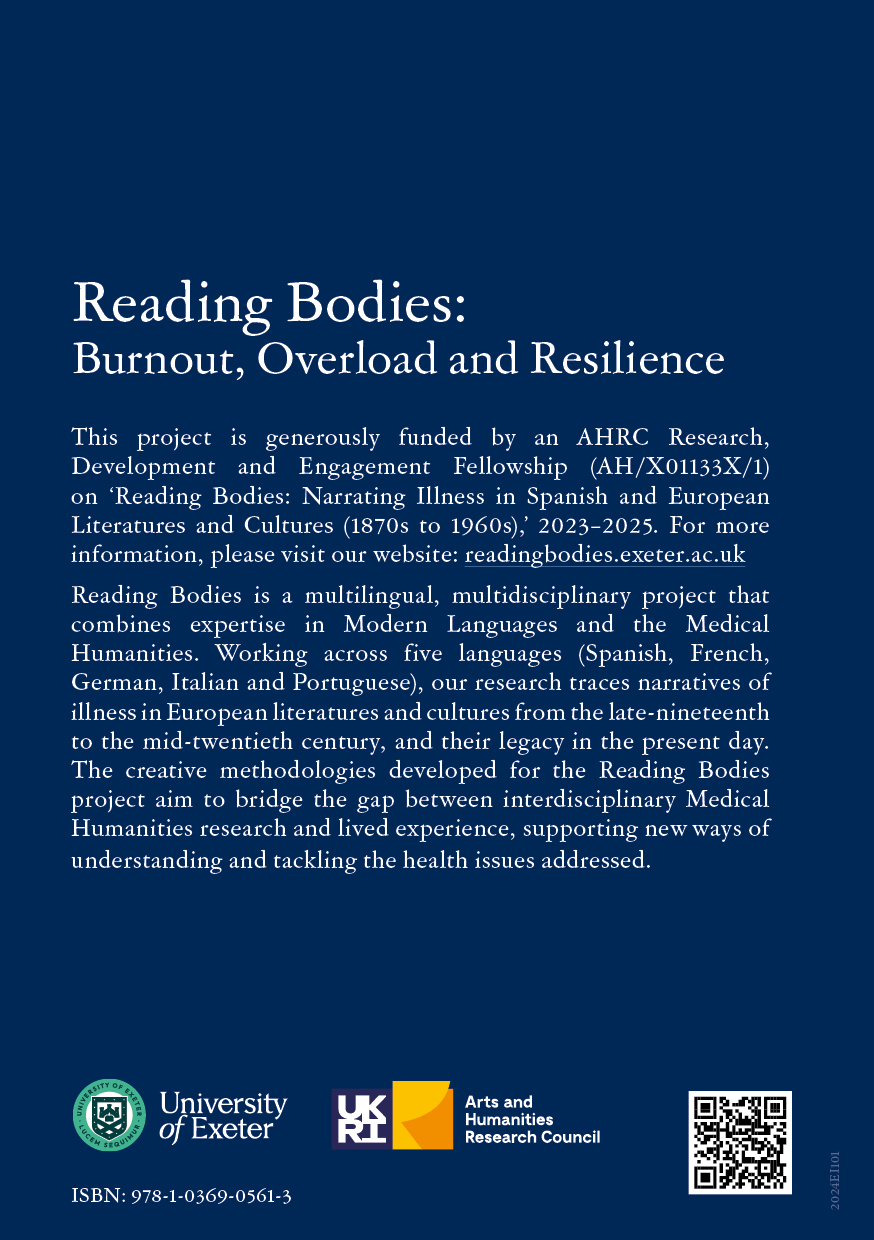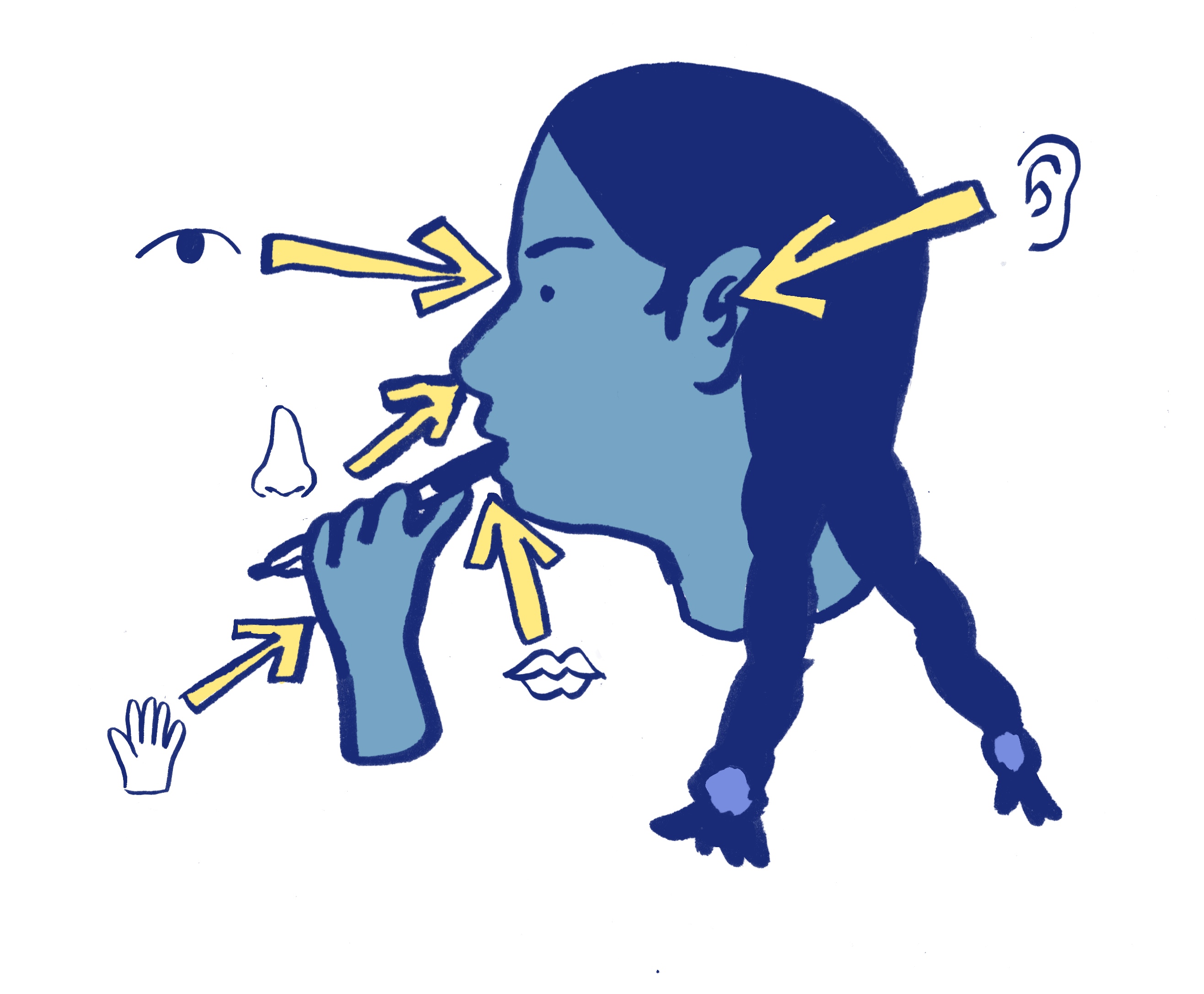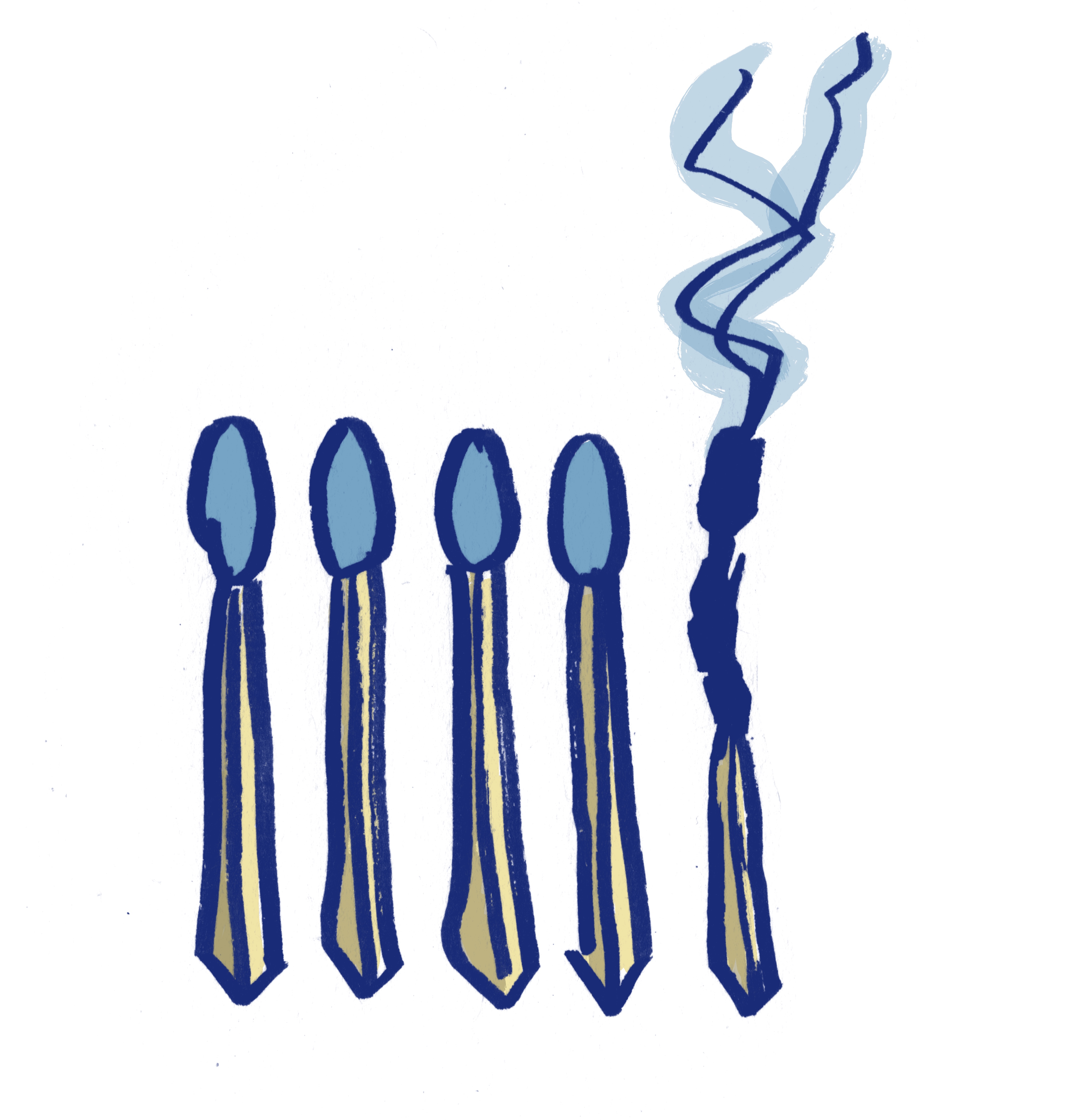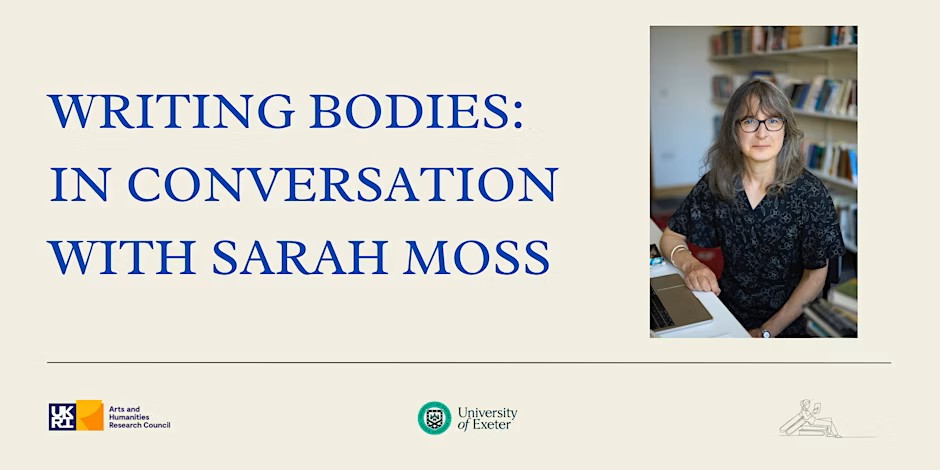
Thank you so much to everyone who attended our In Conversation event on 7 May with acclaimed author Sarah Moss. We were thrilled to host Sarah as she delivered a generous reading from her recent work, My Good Bright Wolf: A Memoir.
The conversation, led by Katharine Murphy, explored a wide range of topics, including the intricacies of writing about the body and illness, whether writing can serve a therapeutic purpose, and the formal challenges of life writing and fiction.
Attendees engaged meaningfully during the Q&A session, chaired by Laura Salisbury, asking insightful questions about the literary references in Sarah’s work, the balance between writing and day-to-day life, and how to maintain a regular writing practice.
The event was well-attended by academics and members of the public. Feedback included:
‘I personally love hearing tales from the intersection of motherhood, creativity, and academia.’
‘It was wonderful, and helped me think afresh about writing, resilience, and the therapeutic.’
‘This was absolutely fascinating!.’
‘[I enjoyed] the introduction to this wonderful research and the links to explore more.’
Watch the recording of the event here:
Reading and Writing Bodies
The public engagement activities for Reading Bodies have considered the present-day relevance of historical discourses about illness, health and the body. Echoing our project research findings, Sarah Moss reflected on the ways in which reading literary texts from the past provide a way into exploring illness in her own writing, exemplified by an array of eighteenth- and nineteenth-century literary intertexts in her book My Good Bright Wolf. She explained that her novel Bodies of Light, although set in the nineteenth century, comments on health inequalities past and present, including contemporary pressures on the NHS. During our conversation, Sarah also expanded on her critical response to contemporary theories of resilience. Underscoring the importance of recognising the impact of social determinants of health, she commented that resilience is:
‘a term that really risks transferring structural problems to individuals; […] I’m very skeptical of anything that seeks to require individuals to resolve structural problems in their own bodies or in their own mind’.
We were so pleased to have the chance to discuss the findings of our project research on reading illness in late nineteenth- and early twentieth-century European literatures and cultures with a contemporary author who has written so extensively on the body. As we noted in the introduction to this event, Sarah’s work:
‘speaks profoundly to the questions of what it means to write and to read embodiment, including in states of illness and distress. Her close attention to the texture of lived experience also traces out how aesthetic forms might create new conditions, both for understanding and potentially for wellbeing’.
Pre-order Sarah Moss’s new book, Ripeness, here: https://www.panmacmillan.com/authors/sarah-moss/ripeness/9781529035490

